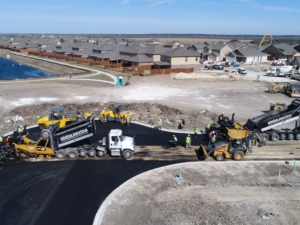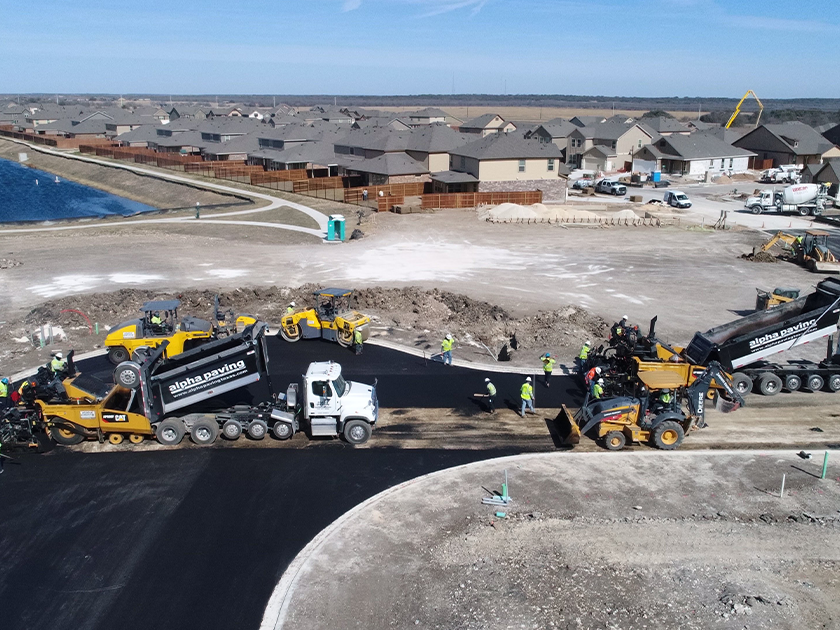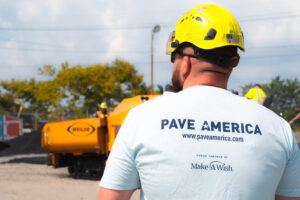 Parking lots, access roads, and other commercial pavements can heavily influence your business’s perception of potential customers. For example, if your parking lot has numerous birdbaths, potholes, and cracks, people may be unwilling to risk damaging their vehicles or injuring themselves to patronize your business. They may also assume that you will not care about the quality of your products or services then you do about your parking lot. However, commercial paving can represent a sizable investment, so you want to make sure that you choose the type of paving material that will maximize your return. Here are five points that can help you decide whether asphalt is the right choice for your commercial pavements.
Parking lots, access roads, and other commercial pavements can heavily influence your business’s perception of potential customers. For example, if your parking lot has numerous birdbaths, potholes, and cracks, people may be unwilling to risk damaging their vehicles or injuring themselves to patronize your business. They may also assume that you will not care about the quality of your products or services then you do about your parking lot. However, commercial paving can represent a sizable investment, so you want to make sure that you choose the type of paving material that will maximize your return. Here are five points that can help you decide whether asphalt is the right choice for your commercial pavements.
1. How Popular Is Asphalt for Paving?
Asphalt is the leading paving material used in the United States. Up to 85% of the nation’s airport runways, 97% of all paved roads in America, and 90% of the country’s parking lots have asphalt pavement. Many highways and streets that were initially concrete or brick pavements now have an asphalt paving overlay. No building material becomes popular without offering substantial benefits.
2. Is Asphalt More Expensive Than Concrete?
Asphalt pavement costs much less than a concrete pavement of the same size. In fact, asphalt can often cut your construction costs in half when compared to concrete. When you consider the value of a large parking lot, the price difference between asphalt paving and concrete can be striking.
3. Does Asphalt Pavement Have a Short Life?
Asphalt is remarkably durable. A well-installed and properly maintained pavement can easily last 30 or 35 years. There are stretches of asphalt pavement on heavily traveled interstates that have lasted for more than 50 years without a major failure. Economical maintenance procedures can help keep the supporting foundation stable and robust, which means that only the surface layers will need attention. If the top layers become too damaged or unsightly, your contractor can use a milling machine to remove these layers and install a paving overlay every 15 or 20 years. An overlay gives you the performance and appearance of new pavement, but it will cost a fraction of what a total reconstruction would cost.
4. Is Asphalt Environmentally Friendly?
Contrary to what some people believe, asphalt is exceptionally eco-friendly. Asphalt pavement is entirely recyclable. In fact, more tons of asphalt are recycled every year in America than paper, glass, aluminum, and plastic combined. About 99% of all asphalt pavement ends up being reused to make new products, reducing the asphalt company’s carbon footprint.
5. How Long Have People Been Using Asphalt for Pavements?
Many Americans think that asphalt pavement is a relatively recent invention, but the Babylonians had roads paved with asphalt more than 2,600 years ago. However, it was not until the early 1800s that the first asphalt roads appeared in the United Kingdom. Asphalt pavements did not make their way to America until the late 1860s.
If you are considering asphalt for your commercial paving project, you need to know that your choice of a contractor can make the difference between a long-lasting, attractive pavement, and a short-lived, ugly one. Always choose a dependable, experienced paving contractor with the proper equipment, a well-trained crew, and a flawless reputation. At Alpha Paving, we are proud of our reputation, exceptional employees, and modern, well-maintained equipment. Our asphalt services include new construction, overlays, crack repairs, patching, and sealcoating, and we also offer concrete work, thermoplastic pavement markings, parking lot striping, and traffic sign installation. Whether you need road construction, parking lot maintenance, or speed bump installation, we can help. Our clients include shopping malls, apartment complexes, subdivisions and HOAs, office parks, municipalities, educational facilities, religious institutions, industrial facilities, hospitals, and nursing homes, restaurants, hotels, and airports. For a free quote, please fill out the online form or call 512-677-9001 to reach us at our office in Round Rock.




